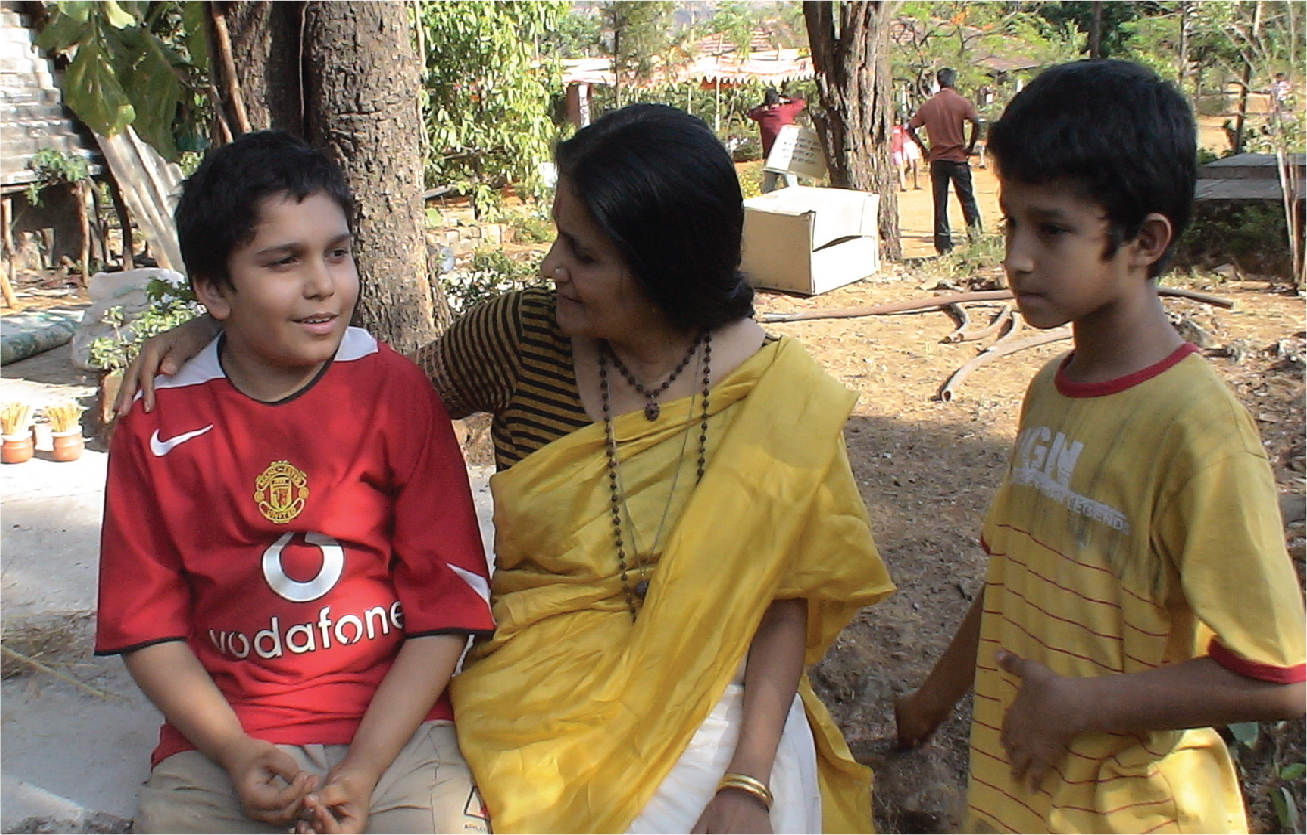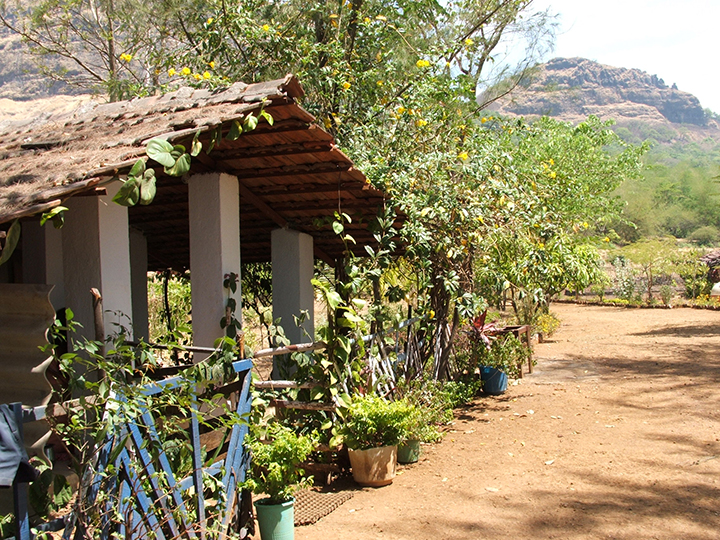Music For Change

Music is food for the soul; music develops the heart; music is a pathway to God.
In an effort to sow the seeds of a musical tradition in village Telbaila, the rural wing of Shaktiyogashrama has initiated the ‘Music For Change ‘ Programme in which children of the village school are given free weekly training in classical music.
This programme is likely to further develop to include many activities that can compliment standard academic education to develop the versitality, values and personality of the village children.
Interested ?
 Join a program
Join a program
 Contact
Contact
Programs you may like

The urban children’s programme at the ashram is to fill in the gaps in the education system. It includes a gentle exposure to Indian arts, Indian culture & life styles. It is an introduction to the outdoors, to nature & rural life in a fun way. The ashram-gurukul experience sensitises them to the ‘Divine’ while also giving a taste of community living that is missing in nuclear families.
The Ashram

An educational-cultural centre dedicated to study and practice of classical Indian arts and sciences with a spiritual and environmental consciousness.
Shaktiyogashrama is committed to the values of living in a commune. But it is a commune that is held together not by dogmatic religious beliefs but by the humanitarian values of love, peace & universal brotherhood.At Shaktiyogashrama this very spirit of the Gurukul system is embodied within all that we are and all that we practice.
Participants are requested to not carry their urban stress, consumerism, extroversion, shallow entertainment forms and digital obsessions to the ashram so that learning can happen.
We are a drug, alcohol, smoking and meat free campus. The community abides by a few agreements and we ask for your help in continuing to abide by them.
We are taking some steps to make this gurukul a low waste zone and we request for your help in reducing waste (of all kinds) during your visit. Participants are requested do not bring packaged snacks or stuff that will generate waste here. In case if you do get them, then we request you to carry your waste out with you when you leave.
The ambience encourages living close to nature, living in simplicity and living with an inner discipline.
and emphasise the need for spiritual orientation in education.
The space is dedicated to study and practice of classical Indian arts and sciences with a spiritual and environmental consciousness.
The residential short term programs area an integration of spirituality, ecology, lifestyle and the classical arts – with an emphasize that yoga is the chief goal of all these disciplines.
The rural initiative is an integral area of the gurukul, with a view to empower, educate, to build self-esteem, inculcate the scientific temperament and to introduce an arts culture.
Babaji scouted the entire Peth, Shahpur, Telbaila and Bhamburde village in Maharashtra for days on end before he set his heart on the beautiful scenic land in Telbaila village that was surrounded by mountains on all sides. Located in the midst of nature in all its glory, the Ashram is placed 32 kms away from its closest urban dwelling, Lonavla.
The valley is situated in the midst of mango trees and bamboo forests with seasonal waterfalls. It is cradled by the serene yet formidable mountains that surround it on all sides. A Durga temple on the top of mountain is a popular trekking and hiking point.










